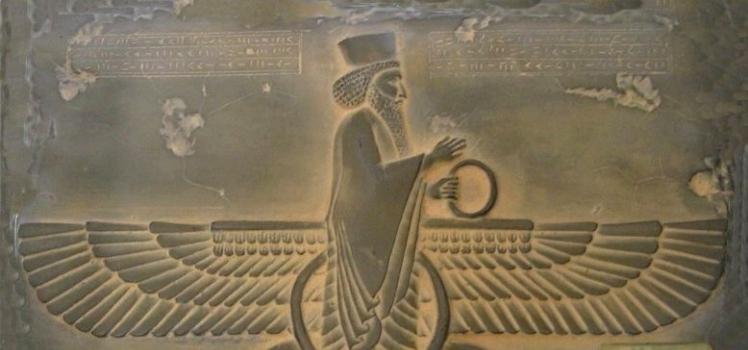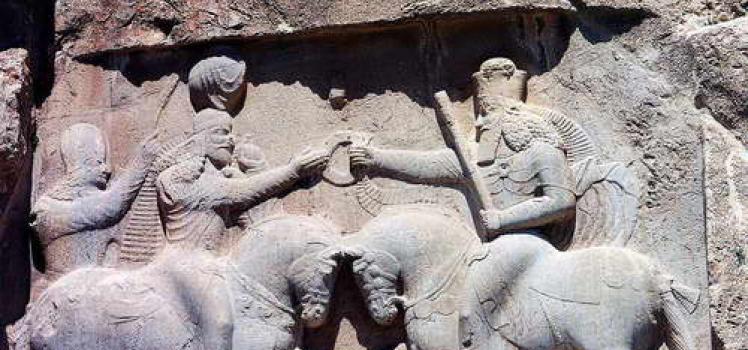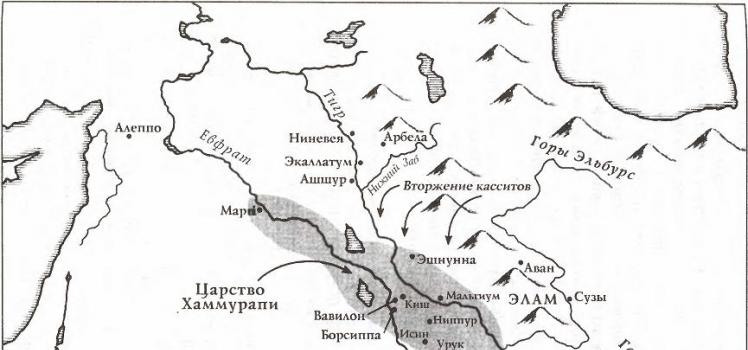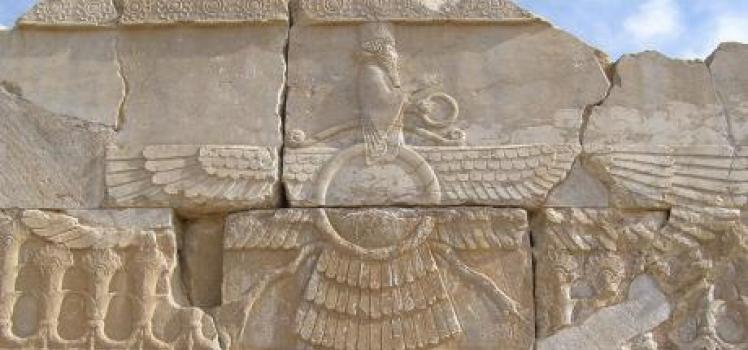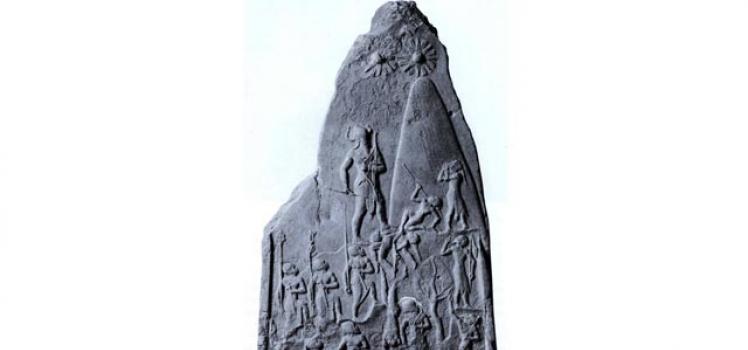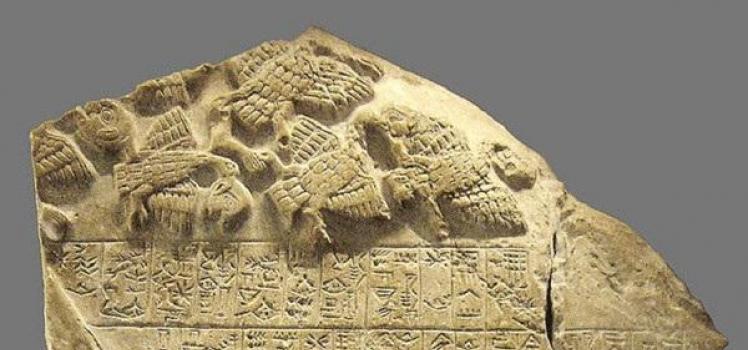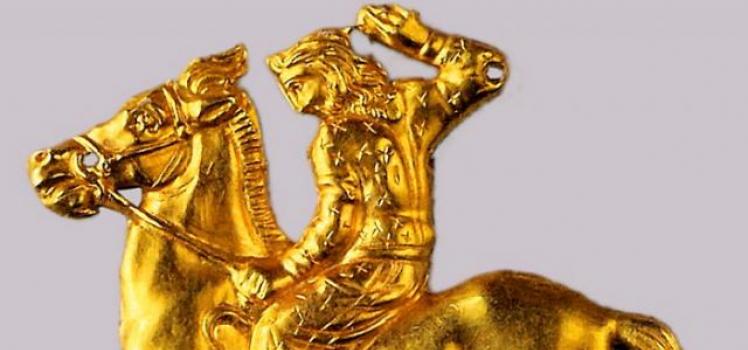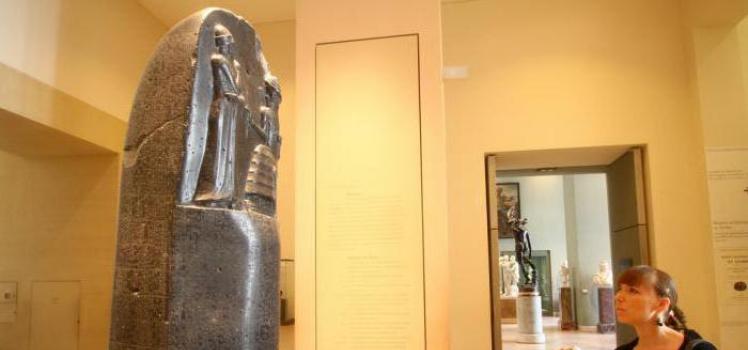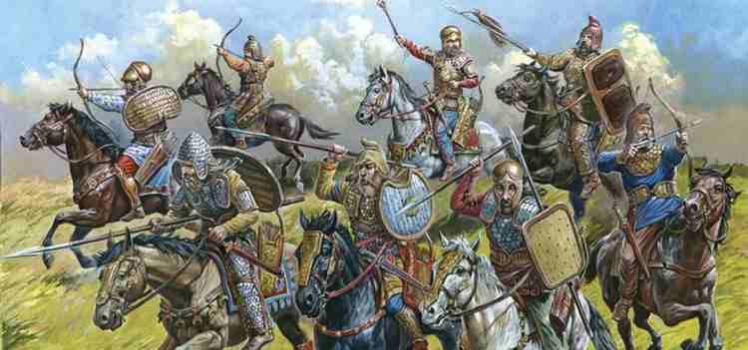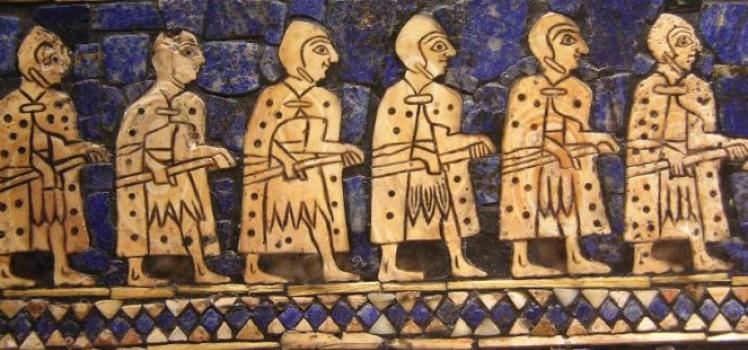Zoroastrianism is based on ancient Iranian religious cults. The Zoroastrians themselves call their religion “wahvi daena mazdayasni,” which can be translated as “the good faith of Mazda worshipers.” The name of the religion (“Zoroastrianism”) comes from the name of its semi-legene
Zoroaster taught that the surest protection from the devas is given to a person by purity of thoughts, words and deeds; He set the duties of a person as a hard-working life, abstinence from vices, especially lies, spiritual piety, and virtue. He said about sins that they must be atoneed
The ancient ruler, whose name is recognized by adults and children through the veil of centuries, still remains an interesting character to study and gain knowledge - this is King Hammurabi. Hammurabi is a wise ruler - this is exactly what they said at all times, as in the homeland of the king, that
The sacred book of Zoroastrianism is AVESTA (literally “first message”, “first news”), now recognized as the oldest book of humanity. The AVESTA texts include the following sections: Yasna (includes Gathas) Visparad Videvdad (Vendidad) Kordeh Avesta Ya
However, the question of whether the Sumerian civilization existed remained only a scientific hypothesis until, in 1877, an employee of the French consulate in Baghdad, Ernest de Sarjac, made a discovery that became a historical milestone in the study of the Sumerian civilization.
Water is life. It’s hard to disagree with this statement. We accept it because we know the important role water plays in human life. People can live without food for more than a month, but without liquid they cannot live even a day. The inhabitants of the ancient cats also knew about this.
Starting from the second half of the 8th century. BC. and until the beginning of the 3rd century. AD, mysterious peoples roamed the vast expanses from the Black Sea region to the Sayan-Altai. Ancient writers and historians called them “Scythians.” The same ancient authors put into this concept once
With the advent of the first states, the need arose to regulate public life in the country, and soon the first sets of laws began to appear. They regulated the rights and responsibilities of citizens, their social position and status in society. One of the ancient
History of the Scythians Scythians are the general name for the northern nomadic peoples (of Iranian (presumably) origin) in Europe and Asia, in ancient times (8th century BC - 4th century AD). Scythians were also conventionally called semi-nomadic tribes related to them who are for
In the south of modern Iraq, between the Tigris and Euphrates rivers, a mysterious people, the Sumerians, settled almost 7,000 years ago. They made a significant contribution to the development of human civilization, but we still do not know where the Sumerians came from and what language they spoke.Zaga

